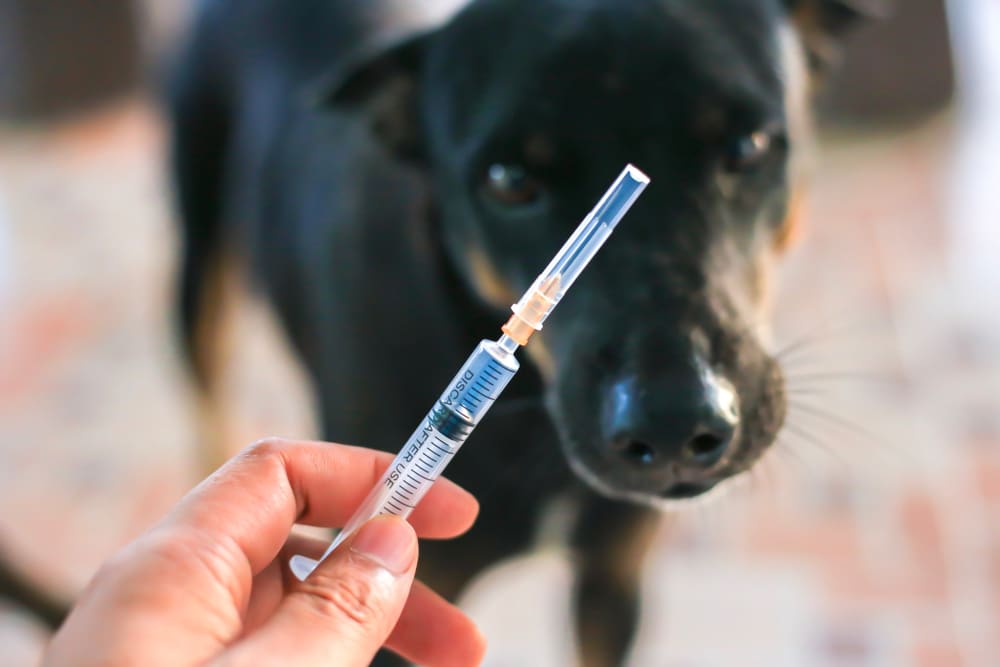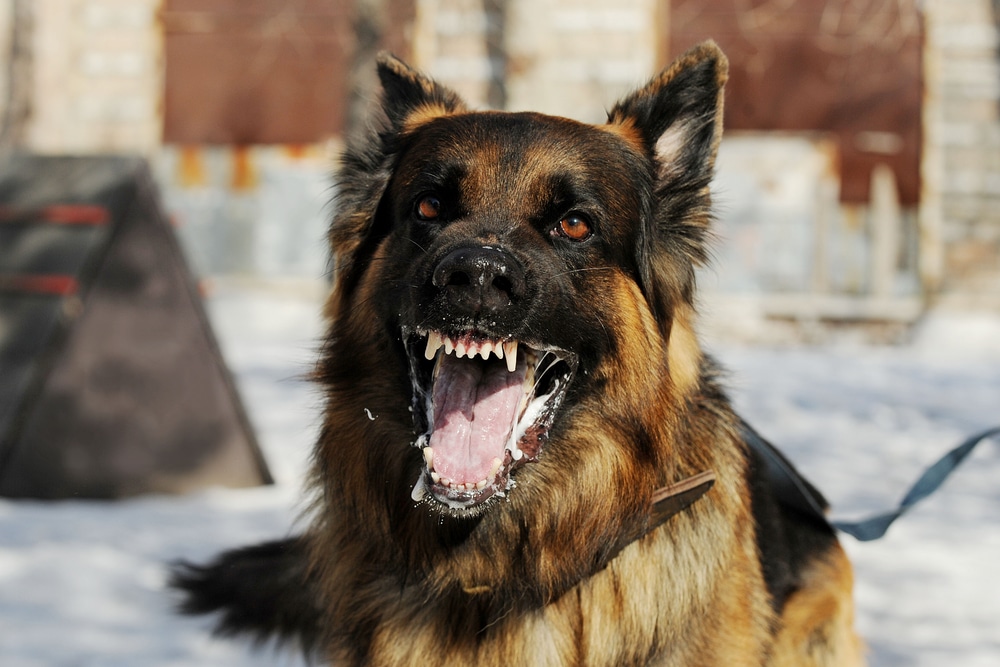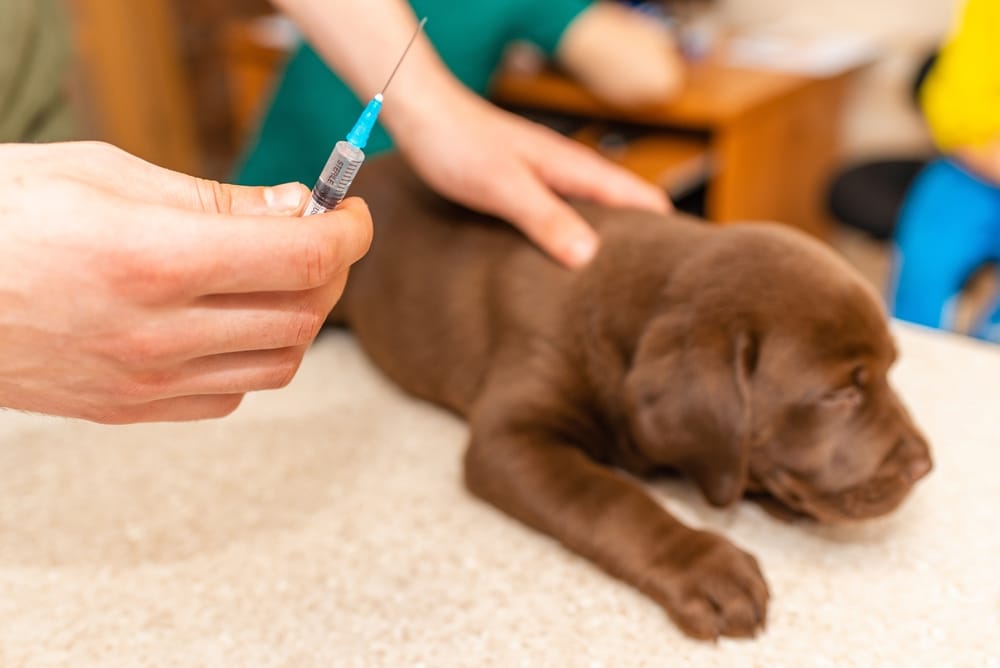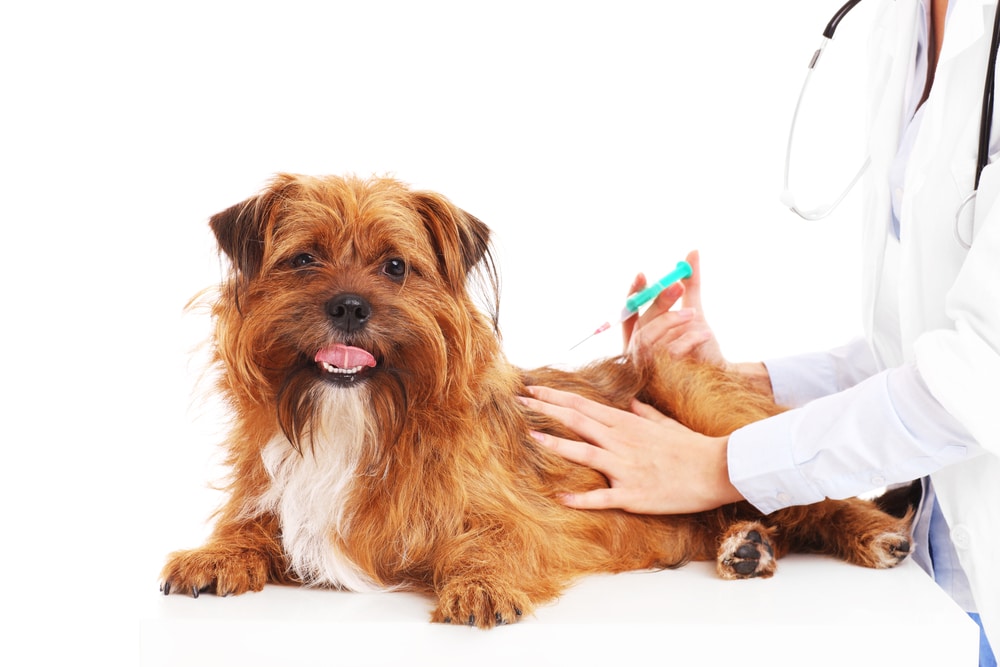Dogs love to chew on anything, from shoes and furniture to sticks and rocks. So, the question arises: is it safe for them to eat sticks? While it may seem harmless enough, pet parents should be aware there could be some risks involved when their pup chomps down on a stick.
Category: Health and wellness
Dogs are curious creatures and often have an appetite for all sorts of things, so it’s no surprise that they may show interest in leaves. Leaves are a standard part of our natural world and provide many benefits for humans, but can the same be said for our canine companions? In other words, can dogs eat leaves?
Dogs bring us immense joy and companionship, making it essential to look out for their health and well-being. As pet owners, we should be aware of signs that something may be wrong with our pooches. But what are these signs, and when should we take them to the vet?
Vets often ask for owners to bring a sample of their dog’s poop to a checkup. Have you ever wondered why, though? In other words, why do vets examine a dog’s poop?
Are you a dog owner, and a veterinarian has recommended a urinalysis for your dog? You must be wondering what urinalysis is for dogs. Here’s exactly what it is.
Rabies is an insidious virus that permeates the brain and spinal cord, with no cure or treatment. All mammals, including humans and dogs, are vulnerable to this deadly disease. The only way to avoid its spread in your dog is prevention. But how do you prevent rabies in dogs?
Rabies is a terrible virus that, even nowadays, could take human lives, and at the same time, it is a disease that is very easily prevented if owners stay up to date on their dogs’ vaccination schedule. Around 59,000 people worldwide lose their life to rabies each year. As dog owners, it is our duty to try and keep this horrible illness from coming into our communities, even though rabies is not that easily transmitted. So, how can you tell if a dog has rabies?
One of the ways to keep your dog safe from certain diseases is through regular and scheduled vaccinations. Depending on where you live, there are different rules regarding vaccines that are regulated by law. Vets usually are good at reminding the owners to check about their next vaccination, but it’s also a good idea for owners to give themselves a reminder too. So, keeping that in mind, when should dogs get vaccines anyway?
Owning a pup means you need to protect it from certain illnesses and diseases if you want it to have a long and happy life. Just like when we take kids for vaccines, we need to do the same for our puppies too. And it’s not only the pups that get the needle; adult dogs need vaccines, too, just so that their immune system stays strong. But just what are the necessary vaccines for dogs?
Being overweight can lead to health complications in humans, but what about dogs? It is easy to overlook the significance of a healthy weight for our canine friends, but neglecting the importance of a healthy weight for our canine companions can lead to severe health problems. What happens if a dog is overweight? Can obesity cause major problems or even shorten a dog’s lifespan?









